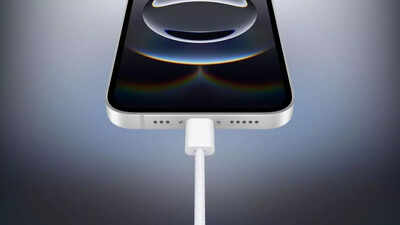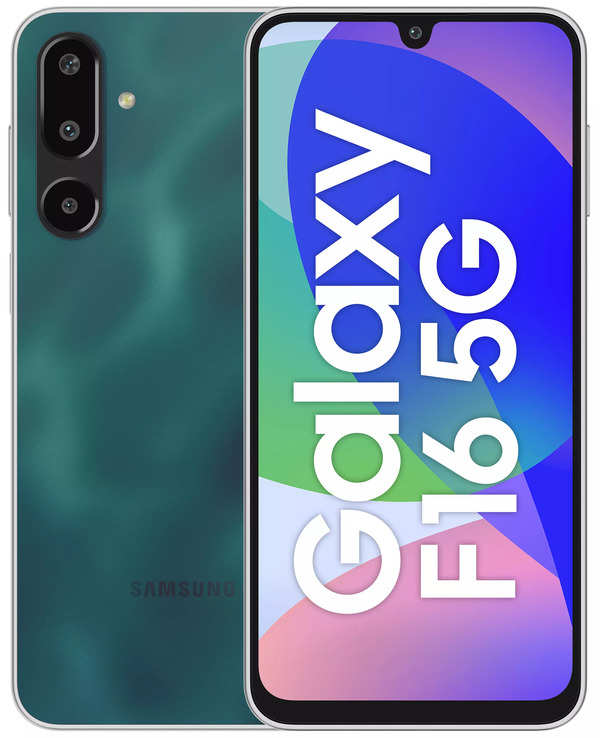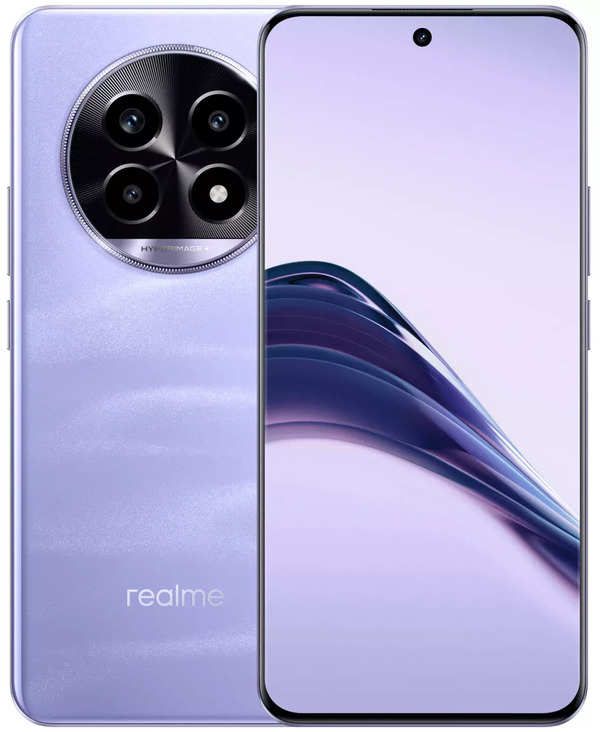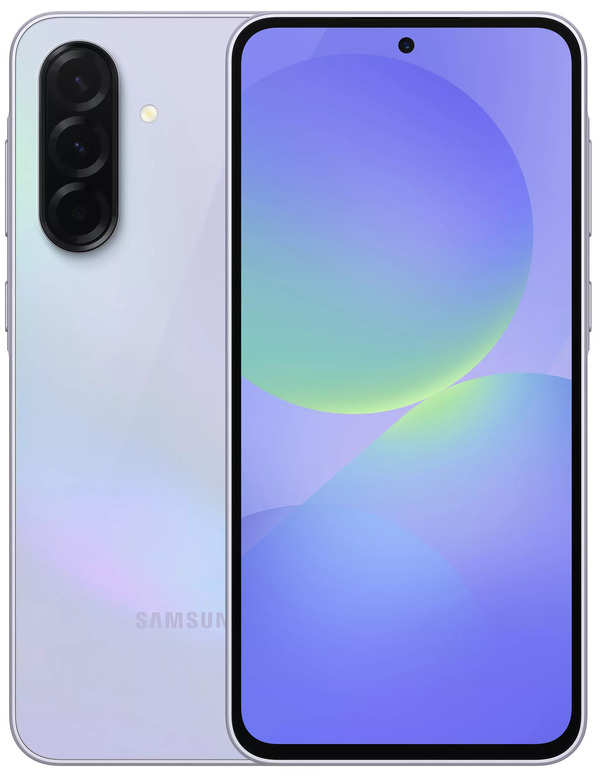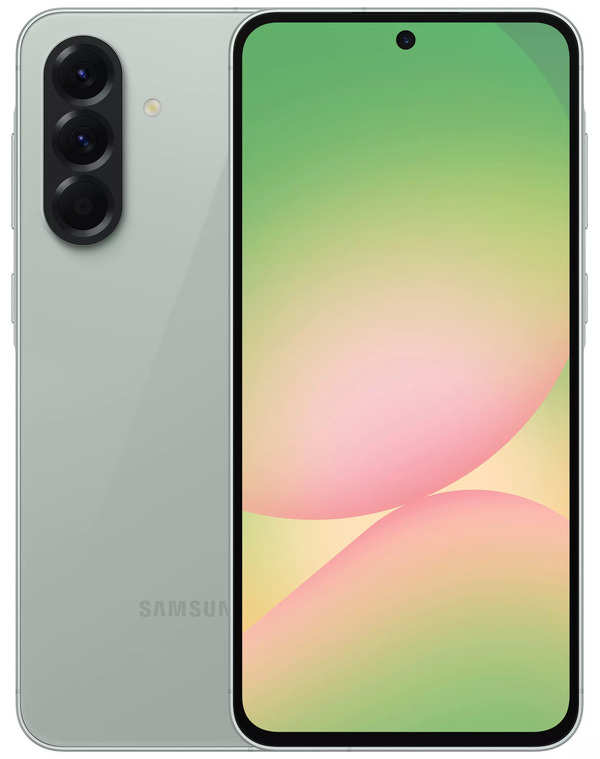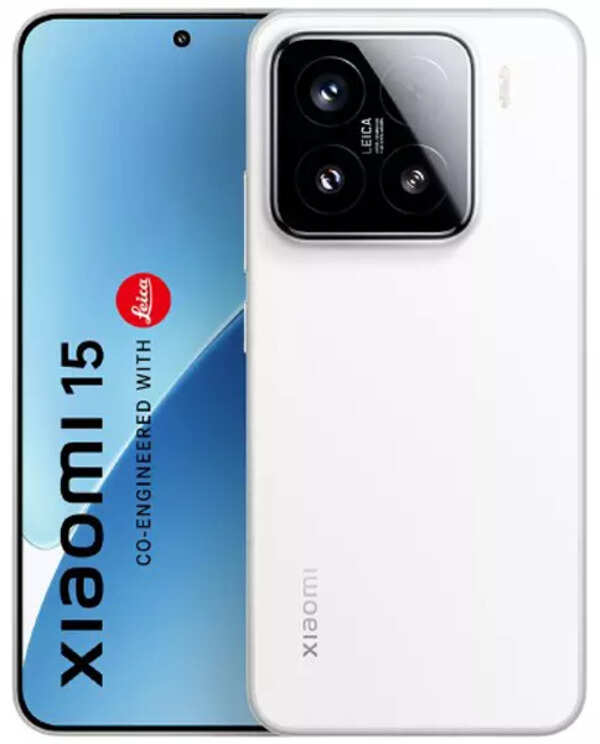- News
- Technology News
- Mobiles & Tabs News
- Apple reportedly considered making iPhone 17 Air portless and slimmer
Trending
Apple reportedly considered making iPhone 17 Air portless and slimmer
Apple's iPhone 17 Air will introduce an ultra-thin design and may be a precursor to a fully portless iPhone. The phone will feature enhanced MagSafe wireless charging, a single rear camera, and a lighter chassis. While complying with EU regulations, Apple aims to improve durability and aesthetics, gradually moving towards a wireless-only future.
Apple’s upcoming iPhone 17 Air is expected to mark a significant shift in the company's smartphone design philosophy. According to Bloomberg's Mark Gurman, Apple considered launching the device without a USB-C charging port but ultimately decided against it for this model. However, the company is reportedly still working towards a future where iPhones will be completely port-free. The iPhone 17 Air will serve as a precursor to this vision, featuring a significantly slimmer design. While Apple has been transitioning its iPhones from the proprietary Lightning port to USB-C, speculation continues regarding the timeline for a fully wireless iPhone.
Apple iPhone 17 Air will be a port-free iPhone
The concept of a portless iPhone has been discussed within Apple for years. Reports suggest that the company has been gradually moving towards a wireless ecosystem, with advancements in MagSafe charging and improved wireless data transfer speeds. According to Bloomberg’s Mark Gurman, Apple executives believe that if the iPhone 17 Air is successful, it will pave the way for completely port-free models in the near future.
Apple supply chain analyst Ming-Chi Kuo had previously predicted that a portless iPhone would arrive as early as 2021, but technological and regulatory hurdles may have delayed its introduction. With USB-C now mandatory in the European Union, Apple may need to balance innovation with compliance before fully eliminating physical charging ports.
What to expect from the iPhone 17 Air
While details about the iPhone 17 Air remain scarce, leaks suggest that it will feature an ultra-thin and lightweight design. Apple is expected to achieve this reduction in size by optimizing internal components, including a more compact battery and a redesigned logic board.
Key rumored features of the iPhone 17 Air include:
- A single rear camera instead of the dual-camera setup found in the iPhone 17 Pro models.
- A lighter chassis made from new materials, possibly titanium or a thinner aluminum frame.
- Enhanced MagSafe charging with faster wireless charging speeds.
- An improved display with thinner bezels.
Apple iPhone 17 Air could mark the end of charging ports
Apple has historically been a leader in eliminating hardware features before the industry catches up. The company previously removed the headphone jack with the iPhone 7, introduced Face ID in place of Touch ID on flagship models, and transitioned MacBooks to USB-C long before it became a global standard.
By removing charging ports, Apple aims to:
- Improve the durability of iPhones by eliminating entry points for dust and water.
- Enhance device aesthetics and allow for an even sleeker design.
- Push forward its wireless charging and accessory ecosystem.
However, this transition may pose challenges for users who rely on wired charging and data transfer. Professional users who shoot high-resolution videos may find it difficult to transfer large files wirelessly without a fast alternative.
Regulatory and consumer challenges
A completely portless iPhone would need to comply with regional regulations, particularly in the European Union, where the Common Charger Directive mandates that all mobile phones support USB-C for wired charging. Apple could potentially circumvent this requirement if the device exclusively supports wireless charging.
Additionally, consumer acceptance will play a key role in determining whether Apple moves forward with this change. Users who prefer the convenience of wired charging may be hesitant to switch to a wireless-only model, especially if charging speeds and accessory availability do not match current standards.
What’s next for Apple
The iPhone 17 Air is expected to be a stepping stone toward Apple’s long-term goal of a port-free iPhone lineup. If the model performs well in terms of sales and user adoption, future iPhones could follow suit, with Apple refining wireless technologies to fully replace wired alternatives.
With MagSafe improvements and advancements in data transfer speeds, Apple is gradually laying the foundation for this shift. While the transition to a completely portless iPhone may not happen immediately, the iPhone 17 Air is a clear indicator of the company’s direction.
Apple is set to unveil the iPhone 17 lineup in September 2025, where more details about the iPhone 17 Air and its potential impact on future iPhones will be revealed.
Also read | Genshin Impact Codes | Fruit Battlegrounds Codes | Blox Fruits Codes
End of Article
Latest Mobiles
FOLLOW US ON SOCIAL MEDIA
